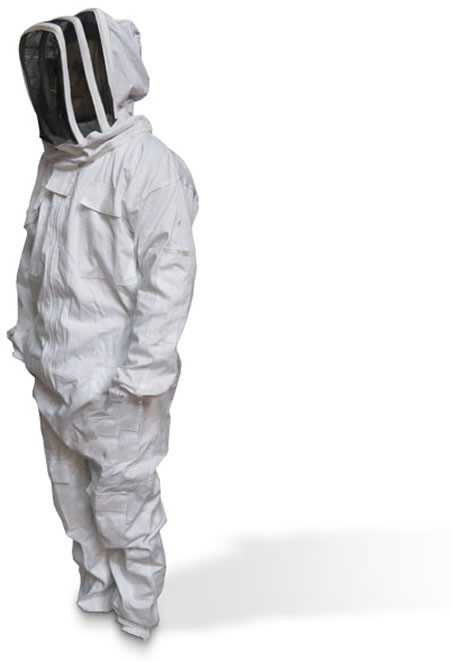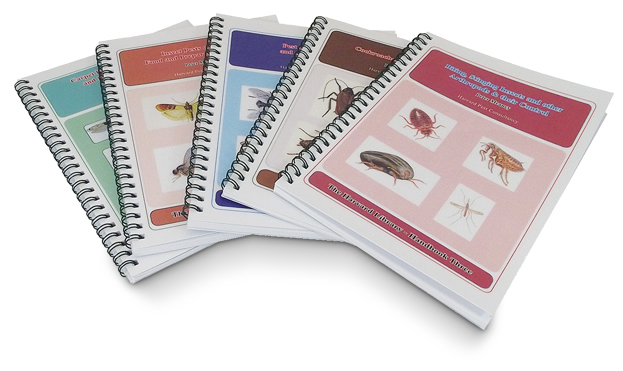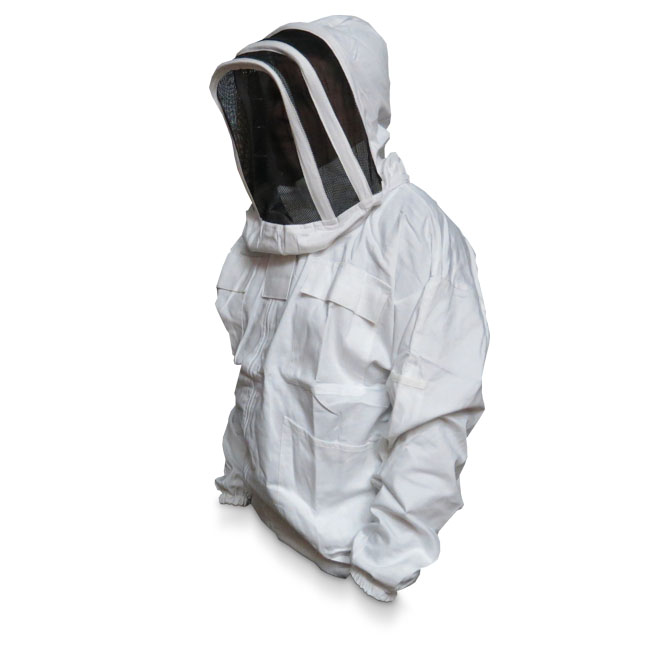Tree Bumble Bee (Bombus hypnorum)
Tree Bumble Bee (Bombus hypnorum)
 |
 |
A new-ish species in the UK having colonised from mainland Europe and first observed in 2001. Since then it has colonised surprisingly quickly, It is species of bee that does well in urban and suburban gardens. It is an aerial nesting species, using hollows in trees, bird boxes and loft spaces. The habit of the drones flying near the nest entrance sometimes causes the general public to think they are honey bees or wasps. It can show a strong defensive behaviour – more than many other bumblebee species. The tree bumblebee is generally quite docile but if disturbed it can defend its nest pro-actively and it has been known to sting people who it perceives as a threat.
Identification:
Thorax: tawny to reddish brown Abdomen: charcoal grey to black Tail: white
Biology:
The species has a short breeding cycle, with queens emerging early, usually in March. The first cycle is completed from mid-May to early July (depending on the season). A smaller second generation is produced in late summer in favourable years.
Control:
Advice on what to do if you find a bumble bee nest is given on the bumblebee conservation trust website. The trust also gives advice on relocating bumble bee nests. http://bumblebeeconservation.org
|
Eradi Bee Suit |
Inset Handbook |
Eradi Bee Jakcet and Veil |



